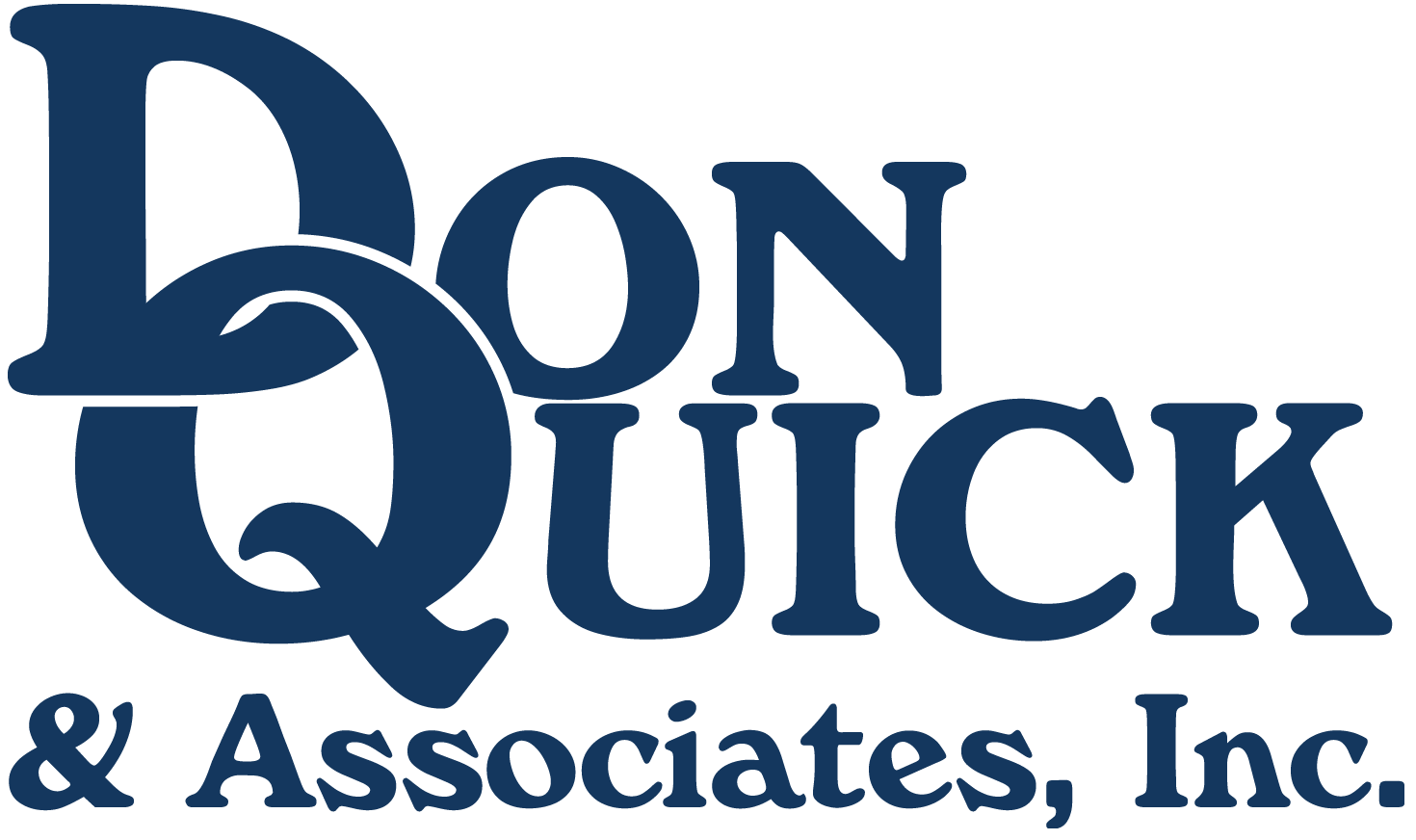When it comes to leasing or purchasing commercial real estate, having the right commercial realtor by your side can make all the difference. The commercial real estate process can be complex, filled with legalities and market insights that are best handled by an experienced professional.
But with so many options available, how do you choose the right commercial realtor to guide you through the process?
In this comprehensive guide, we’ll show you how to select the ideal commercial realtor in Williamson County, ensuring a smooth and successful experience.
Step 1: Determine Your Needs and Goals
Before you begin your search for a commercial realtor, define your needs and goals. Williamson County offers a wide range of options, from office spaces and retail storefronts to industrial warehouses and land for development.
Understanding what type of property you’re interested in and your long-term goals for the investment will help you narrow down your search for a realtor with expertise in your specific area of interest.
Consider the following questions:
1. What type of commercial property are you looking to lease or purchase?
2. What is your budget?
3. Are you interested in a specific location or region?
4. What are your long-term goals for you or your organization?
5. Are you looking for properties with specific features or amenities?
Having clear answers to these questions will enable you to find a realtor that can help you find properties that align with your goals.
Step 2: Research and Shortlist Potential Realtors
Once you have a clear understanding of your needs and goals, it’s time to start researching potential commercial realtors. Here are some effective ways to do this:
Online Search:
Perform an online search for commercial realtors in Williamson County. Use search engines, real estate websites, and social media platforms to find realtors and real estate agencies operating in the area. Most realtors have websites that provide information about their services, expertise, and listings.
Local Recommendations:
Reach out to your network for recommendations. Friends, family members, business associates, or local business owners who have experience with commercial real estate in Williamson County can provide valuable insights and recommend realtors they have worked with.
Real Estate Associations:
Contact local real estate associations such as your city’s Chamber of Commerce or the Central Texas Commercial Association of Realtors (CTCAR). These organizations often have directories or can provide you with a list of reputable commercial realtors in the area.
Online Reviews:
Check online review platforms like Google, Yelp, or Zillow to see what previous clients have to say about their experiences with specific realtors. While reviews should be taken with a grain of salt, they can offer valuable insights into a realtor’s reputation and customer satisfaction.
As you compile a list of potential realtors, make note of their contact information, websites, and any additional information you gather during your research.
Step 3: Evaluate Realtor Credentials and Experience
Once you have a shortlist of potential commercial realtors, it’s time to evaluate their credentials and experience. Here are key factors to consider:
Licensing and Credentials:
Ensure that the realtor is properly licensed and affiliated with a reputable real estate agency or brokerage. Licensing requirements vary by state, so make sure they are in compliance with Texas real estate regulations.
Experience and Expertise:
Review the realtor’s professional background and experience. Ideally, you want to work with someone who has a proven track record of success in commercial real estate transactions in the Austin area. Look for realtors who specialize in the type of property you’re interested in and have a deep knowledge of successful transactions.
Knowledge of the Target Market:
Local market knowledge is invaluable in the world of commercial real estate. Commercial realtors who have deep insights into the Austin MSA can provide you with critical information, such as market trends, property values, and potential investment opportunities.
This, in turn, can help you make informed decisions and maximize your investment potential.
Don Quick & Associates has over 50 years of experience representing property owners, tenants and buyers in the central Texas commercial real estate environment . Our sales agents and brokers value the knowledge gained from each transaction, which only provides context and strategy for the next.
We track the patterns of our internal transactions as well as those market-wide in order to help our clients find the best fit and make better decisions for current and future strategies.
Client References:
Ask potential realtors for client references or case studies of previous transactions they have handled. This will give you insights into their ability to successfully close deals and satisfy their clients.
Awards and Recognitions:
Check if the realtor has received any awards or recognitions in the industry. These accolades can indicate their commitment to excellence and their standing within the real estate community.
Step 4: Interview Potential Realtors
Once you’ve assessed the credentials and experience of your shortlisted realtors, it’s time to interview them to determine if they are the right fit for your needs. During the interview, ask questions that will help you gauge their expertise, communication style, and approach to real estate transactions. Here are some questions to consider:
- How long have you been working as a commercial realtor in the area?
- Can you provide examples of recent, comparable commercial real estate transactions you’ve successfully closed in the area?
- What is your strategy for finding suitable properties for clients, and how do you stay updated on the local market?
- How do you handle negotiations in order to secure favorable deals for clients?
- Can you provide references from previous clients who have worked with you in similar transactions?
- What is your fee structure, and are there any additional costs I should be aware of?
Step 5: Assess Communication and Compatibility
Effective communication is essential when working with a commercial realtor. During the interview process, pay attention to how well you communicate with each potential realtor and consider whether your personalities and communication styles align. A successful working relationship is built on trust and clear communication.
Additionally, assess the realtor’s availability and responsiveness. Timely communication is crucial in a competitive real estate market, and you want to work with someone who is accessible when you need them.
Step 6: Review Marketing Strategies
If you’re planning to sell a commercial property, it’s essential to understand the realtor’s marketing strategies and capabilities. A well-thought-out marketing plan can significantly impact the speed and success of your property sale. Ask potential realtors about their marketing approach, including:
- How do they market properties to prospective buyers?
- Do they utilize online listing platforms, professional photography, virtual tours, and/or other marketing tools?
- Are they active on social media platforms and real estate websites?
- What strategies do they use to reach a wider audience and attract qualified buyers?
Review their marketing materials, such as property listings and promotional materials, to ensure they meet your expectations and align with your property’s unique selling points.
Wherever we can market your property, we will market your property. Don Quick & Associates tracks the activities of dozens of commercial real estate platforms to ensure we pick the most effective, diversified mix of exposure for your property. We also engage all of these same platforms to identify and vet properties that best fit the requirements of our tenant and buyer clients.
Step 7: Review Agreement and Terms
Before finalizing your decision, carefully review the listing or representation agreement and terms proposed by the realtor. The agreement should outline the scope of their services, responsibilities and fees. Pay attention to the following:
- Commission rates: Understand the commission structure and fees associated with the realtor’s services.
- Exclusive representation: Clarify whether you are entering into an exclusive representation agreement, meaning you can only work with that realtor during the specified period.
- Term of the agreement: Determine the term of the agreement and any termination clauses.
- Additional costs: Be aware of any additional costs or expenses that may arise during the transaction.
Step 8: Conduct Due Diligence
Before finalizing your choice, conduct due diligence on the realtor and their brokerage. Check for any disciplinary actions, complaints, or legal issues associated with the realtor or agency. This can typically be done through the Texas Real Estate Commission or other relevant regulatory bodies.
Final Thoughts
Choosing the right realtor in Williamson County is crucial to ensure a successful commercial real estate transaction. By following these eight steps, you can evaluate potential realtors, assess their qualifications and compatibility, and make an informed decision that aligns with your investment goals.
In the end, the right realtor can make the real estate process smoother, more efficient, and ultimately more rewarding.



